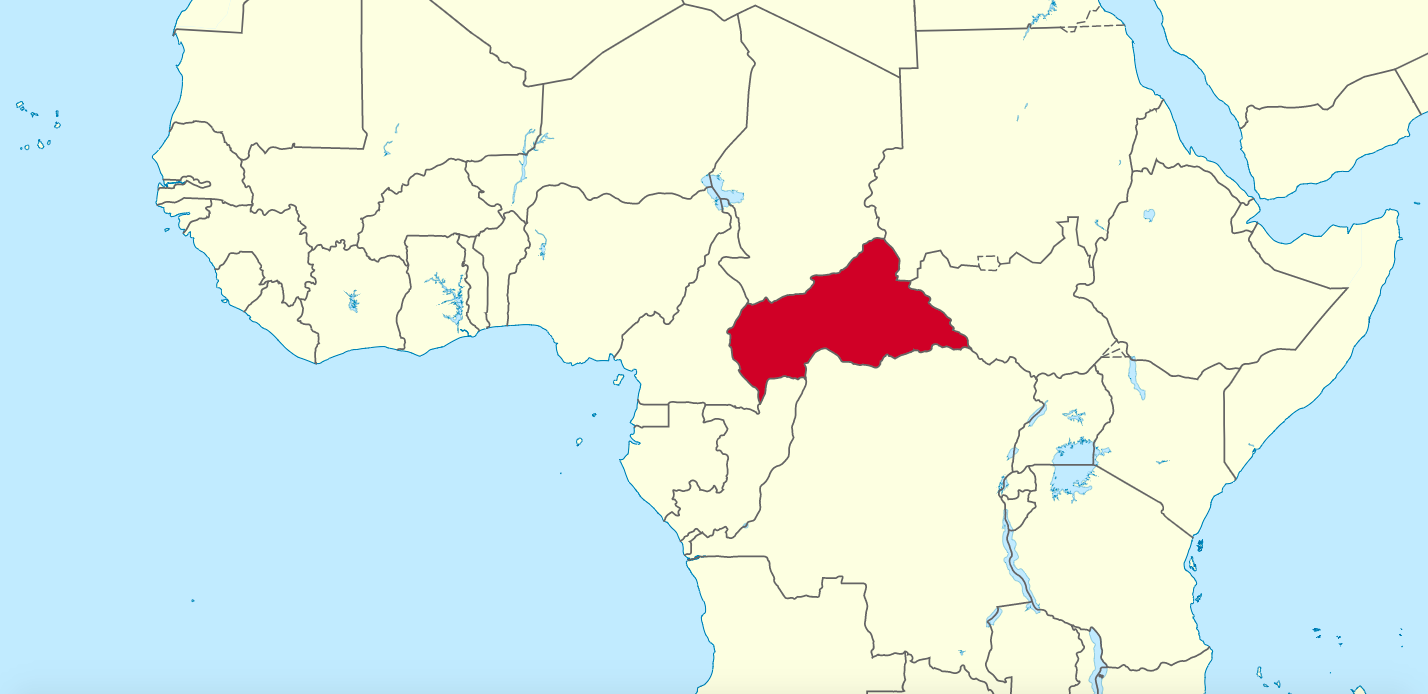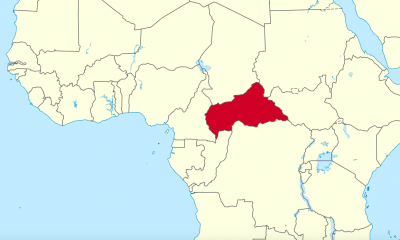In this week’s news roundup, you’ll read about Africa’s blockchain funding landscape, Crypto Valley VC launching a blockchain startup fund focused on Africa, the Central African Republic’s plans to launch a crypto investment hub, and more.
African Blockchain Startups Funding Grows 1,000% Says Report
Crypto Valley Venture Capital on Monday published the first African Blockchain Report that highlighted the growth of Africa’s blockchain sector. The report revealed that funding for African blockchain startups grew by 1,000%.
According to the report, African blockchain venture funding experienced 11 times the growth of the overall venture funding growth in comparison to Q1 of 2021. So far, African startups have been able to secure $91 million in Q1 of 2022 alone signifying a 10 times increase from Q1 of 2021. This signifies a 1,668% year-on-year increase.
While the African startup scene is yet to get a blockchain or crypto unicorn, Q2 of 2022 has started off on the right note with MARA securing $23 million in funding, Jambo raising $30 million, and Afriex closing in on a $10 million funding.
The reports also revealed that most of the funding in 2021 went to Nigeria (39.05%), Seychelles (26.60%), Kenya (15.75%), and South Africa (14.87%). Moreover, fintech companies raised the most capital at 52.72%, followed by exchanges at 26.72% and NFTs at 8.57%.
Crypto Valley Venture Capital Launches an Early-Stage Fund for Blockchain Startups in Africa
Crypto Valley Venture Capital (CV VC) has announced the launch of an African-focused fund that will be geared towards supporting African blockchain startups. CV VC made the announcement at the Blockchain Hub that took place between 23 – 25 May in Davos, Switzerland.
The fund is expected to invest in 100 startups in Africa over the course of the next four years. The company has so far invested in 12 startups and plans to raise between $10 and $50 million via the fund. Leading House Africa, a Nigerian startup that will enable land registration on the blockchain, and Mazzuma, a payments platform from Ghana, are among the startups that CV VC has already invested in.
According to Olaf Hanneman, CV VC’s Co-Founder and Chief Investment Officer, most blockchain-focused startups are expected to come from Egypt, Ghana, Kenya, Nigeria, and South Africa. However, the company is also open to funding blockchain-related projects beyond the African continent.
Central African Republic to Launch Africa’s First Cryptocurrency Investment Hub
 The Central African Republic (CAR) has announced its plans to launch Africa’s first crypto investment hub. This will be another new first for CAR as barely a month ago, the country became the first in Africa to announce that it was adopting Bitcoin as a legal tender.
The Central African Republic (CAR) has announced its plans to launch Africa’s first crypto investment hub. This will be another new first for CAR as barely a month ago, the country became the first in Africa to announce that it was adopting Bitcoin as a legal tender.
The announcement was made by the presidency which reinforced CAR’s acceptance of digital finance despite the International Monetary Fund’s (IMF) words of caution.
Moreover, the government has also offered some details on the direction of its vision for Bitcoin. ‘SANGO’, the name given to the soon-to-be-launched hub, already has a website where interested investors can sign up for a waiting list. Currently, there is no indication of when the Bitcoin hub will become operational or how it will operate.
Speaking during the announcement, CAR’s President Faustin-Archange Touadera said, “The formal economy is no longer an option. An impenetrable bureaucracy is keeping us stuck in systems that do not give a chance to be competitive.”
The World Bank Distances Itself from CAR’s Cryptocurrency Investment Hub
The World Bank has raised its concerns over CAR’s adoption of Bitcoin as a legal tender and said it won’t support the country’s plans to launch its cryptocurrency investment hub known as Sango.
An official document released outlining the Sango project stated that the country received the green light for a $35 million development fund for the digitisation of the public sector from The World Bank.
A spokesperson for The World Bank has, however, in an email to Bloomberg, said that the approved grant isn’t related to CAR’s cryptocurrency initiative and that the institution will not be supporting the Sango project. The approved grant is meant for digitising and updating the current public financial management system.
In the statement, The World Bank said that it would be physically impossible to fund the project and went ahead to say, “We have concerns regarding transparency as well as the potential implications for financial inclusion, the financial sector and public finance at large, in addition to environmental shortcomings.”
With an Internet penetration rate of just over 7%, it’s unclear what CAR’s crypto adoption rate is and whether its adoption of Bitcoin as a legal tender and the establishment of a crypto investment hub will be successful.
To learn more about Bitcoin, download the Bitcoin Beginner’s Handbook for free.


 News1 year ago
News1 year ago
 News2 years ago
News2 years ago
 News3 years ago
News3 years ago
 News2 years ago
News2 years ago
 News2 years ago
News2 years ago
 Sponsored Posts3 years ago
Sponsored Posts3 years ago
 News2 years ago
News2 years ago
 News2 years ago
News2 years ago

 The Central African Republic (CAR) has announced its plans to launch Africa’s first crypto investment hub. This will be another new first for CAR as barely a month ago, the country became the first in Africa to announce that it was adopting Bitcoin as a legal tender.
The Central African Republic (CAR) has announced its plans to launch Africa’s first crypto investment hub. This will be another new first for CAR as barely a month ago, the country became the first in Africa to announce that it was adopting Bitcoin as a legal tender.










 Central African Republic (CAR) has set up a 15-member committee that will be responsible for developing a bill on the use of cryptocurrencies and tokenization in the region.
Central African Republic (CAR) has set up a 15-member committee that will be responsible for developing a bill on the use of cryptocurrencies and tokenization in the region.







